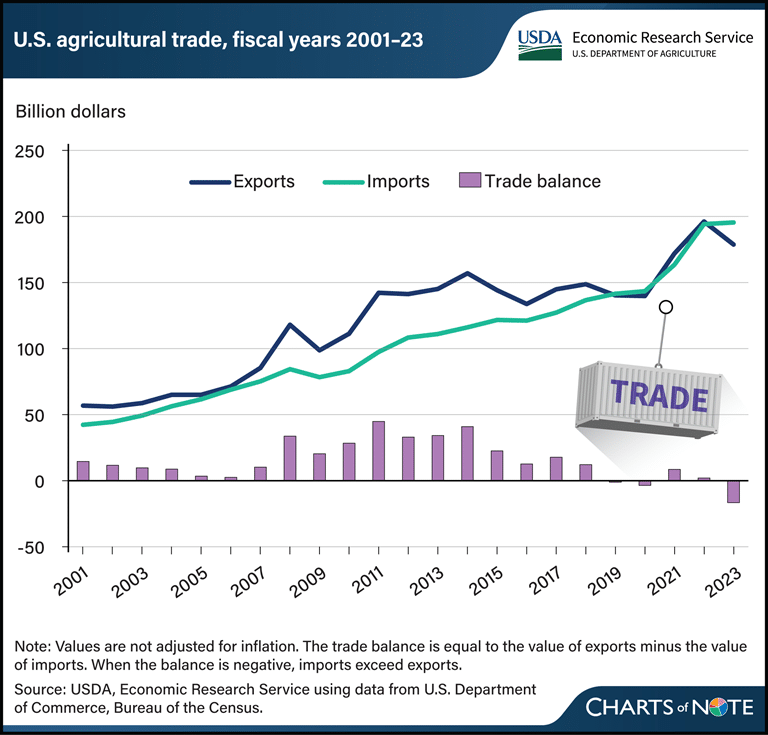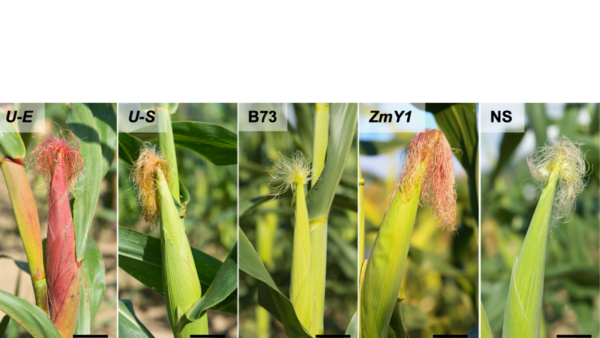Today, June 29, Monsanto highlighted progress against several milestones related to the company’s long-term growth drivers despite the macro challenges facing global agriculture as it announced its financial results for the third quarter and first nine months of fiscal year 2016.
“Our long-term optimism within agriculture and our business remains,” says Hugh Grant, chairman and CEO. “Our industry is running at a low point in the overall agriculture cycle, and we’ve experienced an unforeseen level of challenges affecting our business in fiscal year 2016
“Today, however, we anticipate positive resolution on the horizon for several of these challenges, coupled with early signs of recovery in agriculture. With the strategic changes we’ve made to our business, we’re well positioned to further strengthen our leadership role in the agricultural space through financial discipline and steadfast commitment to serving growers with new innovation.”
Net sales for the fiscal year 2016 third quarter were $4.2 billion versus $4.6 billion in the prior year period. Gross profit for the quarter decreased to $2.4 billion versus the prior year period of $2.7 billion, according to the company. For the first nine months of fiscal year 2016, net sales were $10.9 billion versus $12.6 billion in fiscal year 2015. Gross profit for the first nine months of fiscal year 2016 was $5.9 billion versus $7.2 billion in the prior year period.
Selling, general and administrative costs were $729 million, and research and development expenses were $387 million for the third quarter of fiscal year 2016.
The company’s fiscal year 2016 third quarter EPS on an as-reported basis was $1.63. EPS on an ongoing basis was $2.17, which excludes $0.54 for restructuring charges, environmental and litigation matters and a net charge of $219 million for tax matters related to the Argentina business. EPS performance for the quarter versus the prior year period was negatively affected by the absence of the Scott’s licensing agreement, glyphosate pricing declines, Roundup Ready 2 Xtend launch delay costs and lower soybean volume due to the delay, and India cotton pricing regulations. These factors were partly offset by the positive impact of share repurchases and increased row crop licensing gross profit.
The Argentina-related tax matters refer primarily to a valuation allowance against the company’s deferred tax assets and are primarily driven by a recent history of cumulative losses in its Argentine subsidiary. With growth in the business, the company would expect to see this allowance reversed partially, or in full, over time.
EPS for the first nine months of fiscal year 2016 was $3.40 on an as-reported basis and $4.40 on an ongoing basis.
The company expects approximately $210 million of the approximately $370 million of EBIT benefit from licensing and strategic deals in fiscal year 2016 to be reflected in gross profit, with the remainder expected to be recorded in other income. With a long history of collaborations, partnerships and licensing arrangements, Monsanto reported it will continue to evaluate additional opportunities to realize returns on its pipeline of innovation and create focus in its portfolio.
“While there is no formal update on the Bayer proposal, I have been personally in discussions with Bayer’s management over the last several weeks, along with others regarding alternative strategic options,” Grant says. “We continue to recognize the potential value these types of combinations can create as they accelerate innovation and increase choice for farmers across a broader set of crops, geographies and production practices, while improving the sustainability of agriculture around the world. That is why we remain open and will continue to actively engage in constructive dialogue to pursue value enhancing strategic options.”













